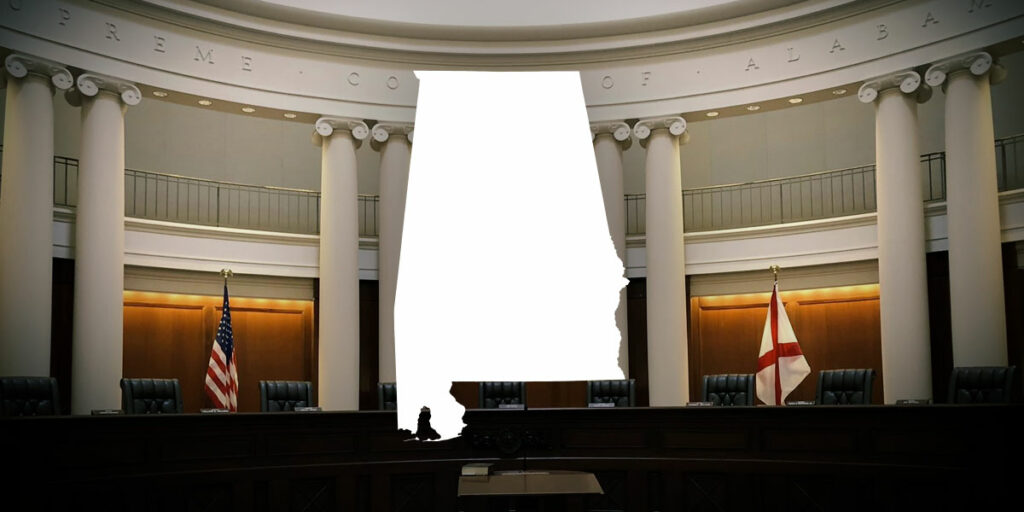The legal battle over who is deemed a public employee under Alabama’s ethics law is not over, quite yet.
The Alabama Ethics Commission is asking for revisions to a court order issued earlier this month saying the Birmingham Airport Authority’s (BAA) employees are not considered public employees because they are not paid through tax dollars. BAA employee salaries come from user and landing fees paid by airlines, as well as rental and concession fees at the airport.
In its motion filed on Friday, the Ethics Commission requested Montgomery County Circuit Judge Brooke Reid reconsider her order and redefine the type of funding which would exclude employees from certain Ethics Act requirements, such as filing annual income reports.
In her order granting summary judgment for BAA, Reid outlined that “the funds used to pay [BAA] employees are self-generated revenues that are not derived from or linked to actual taxpayer contributions, and therefore those funds do not constitute ‘state, county or municipal funds’ as that phrase is used in the Ethics Act.”
The Ethics Commission is petitioning Reid to redefine airport revenue as money coming from “commercial arms-length transactions” rather than simply saying it does not come from taxpayer funds.
Mark White, an attorney representing BAA, believes any effort to clarify this particular provision of the ethics law would be thwarted by the commission’s proposed revisions to Reid’s order.
“Unfortunately, and for reasons unknown, the Ethics Commission is trying to change the facts and the law that resulted in Judge Reid’s order by simply ignoring both,” White told Yellowhammer News.
RELATED: Birmingham Airport Authority wins appeal of major ethics ruling
Nearly 40 utility boards from across the state filed briefs in the case supporting BAA’s position. It is estimated that the decision could affect thousands of people in Alabama who are employed by these entities in a wide variety of jobs.
BAA sought clarification more than a year ago out of fear that an employee who simply worked the jetway or on the tarmac at the airport could unknowingly be subject to Ethics Commission filing requirements.
It is unclear how the “commercial arms-length transaction” standard would impact employees of local utility boards which generate revenue from set rates.
Tom Albritton, executive director of the Ethics Commission, explained in a statement to Yellowhammer News that the agency’s purpose in filing its most recent motion was for Reid to “clarify her previous order so that we can have clearer guidance moving forward in similar cases.”
A hearing on the matter is set for July 13.
Tim Howe is an owner of Yellowhammer Multimedia













